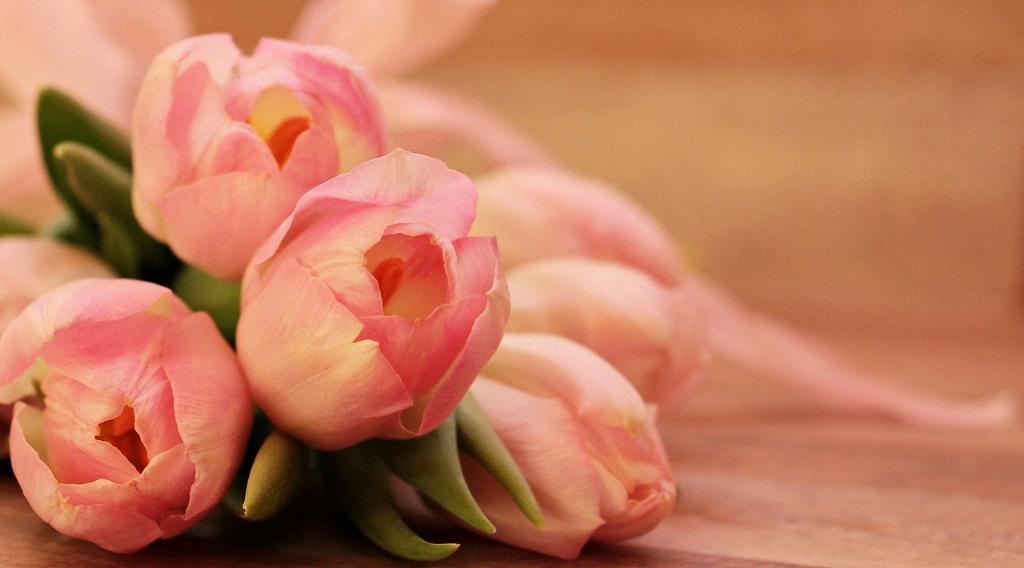When it comes to flowers, there are few that hold the same level of adoration and symbolism as the tulip. These delicate blooms have captured the hearts of people around the world for centuries, and one of the most renowned meanings associated with tulips is that of perfect and deep love.
As a classic flower that has stood the test of time, tulips have become inseparably linked with the concept of love in its purest form. Whether it’s a romantic gesture or a token of affection for a friend or family member, giving someone a bouquet of tulips is a powerful way to express your feelings.
A Symbol of Elegance and Grace
Beyond their association with love, tulips also symbolize elegance and grace. With their slender stems and vibrant petals, tulips exude a sense of sophistication that makes them a popular choice for weddings, formal events, and other special occasions.
Whether you choose a bunch of white tulips for a classic and timeless look, or opt for a vibrant mix of colors to make a bold statement, tulips have a way of adding a touch of refinement to any setting.
Exploring the Diversity of Tulip Colors
One of the most fascinating aspects of tulips is their wide range of colors, each of which carries its own unique meaning. While red tulips are often associated with romantic love, yellow tulips symbolize cheerfulness and happiness.
White tulips, on the other hand, represent purity and innocence, making them a popular choice for weddings and other celebrations of new beginnings. Meanwhile, purple tulips are often used to convey royalty and luxury, adding a regal touch to any bouquet.
The Historical Significance of Tulips
Throughout history, tulips have played a significant role in various cultures and societies. In the Ottoman Empire, for example, tulips were considered a symbol of wealth and prosperity, and were often used as a decorative motif in art and architecture.
During the Dutch Golden Age, tulip bulbs became so highly prized that they were traded as a form of currency, leading to a period known as the “Tulip Mania.” This historical backdrop only adds to the allure and mystique of the tulip as a symbol of beauty and abundance.
Tulips in Art and Literature
Over the centuries, tulips have inspired countless artists and writers with their beauty and symbolism. From the still-life paintings of the Dutch Masters to the poetry of Emily Dickinson, tulips have served as a muse for creative minds seeking to capture the essence of love and beauty.
Whether depicted in a vase on a sunlit windowsill or woven into a romantic sonnet, tulips have a timeless appeal that continues to resonate with people of all ages and backgrounds.
Modern Interpretations of Tulip Meaning
While the traditional meanings of tulips remain deeply ingrained in our cultural consciousness, modern interpretations have also emerged in recent years. Some people see tulips as a symbol of renewal and growth, representing the promise of new beginnings and fresh starts.
Others view tulips as a reminder to embrace change and adaptability, with their ability to bloom in a wide range of colors and shapes serving as a metaphor for the diversity and richness of life itself.
Conclusion: The Enduring Appeal of Tulips
In conclusion, the meaning of tulips is as diverse and nuanced as the flowers themselves. Whether you choose to gift someone a bouquet of red tulips as a declaration of love, or simply admire their beauty in a springtime garden, tulips have a way of speaking to us on a deep and personal level.
As symbols of love, elegance, and grace, tulips hold a special place in our hearts and continue to captivate us with their timeless beauty and rich symbolism. So the next time you see a tulip in bloom, take a moment to appreciate not just its physical beauty, but the deeper meanings and emotions it represents.

